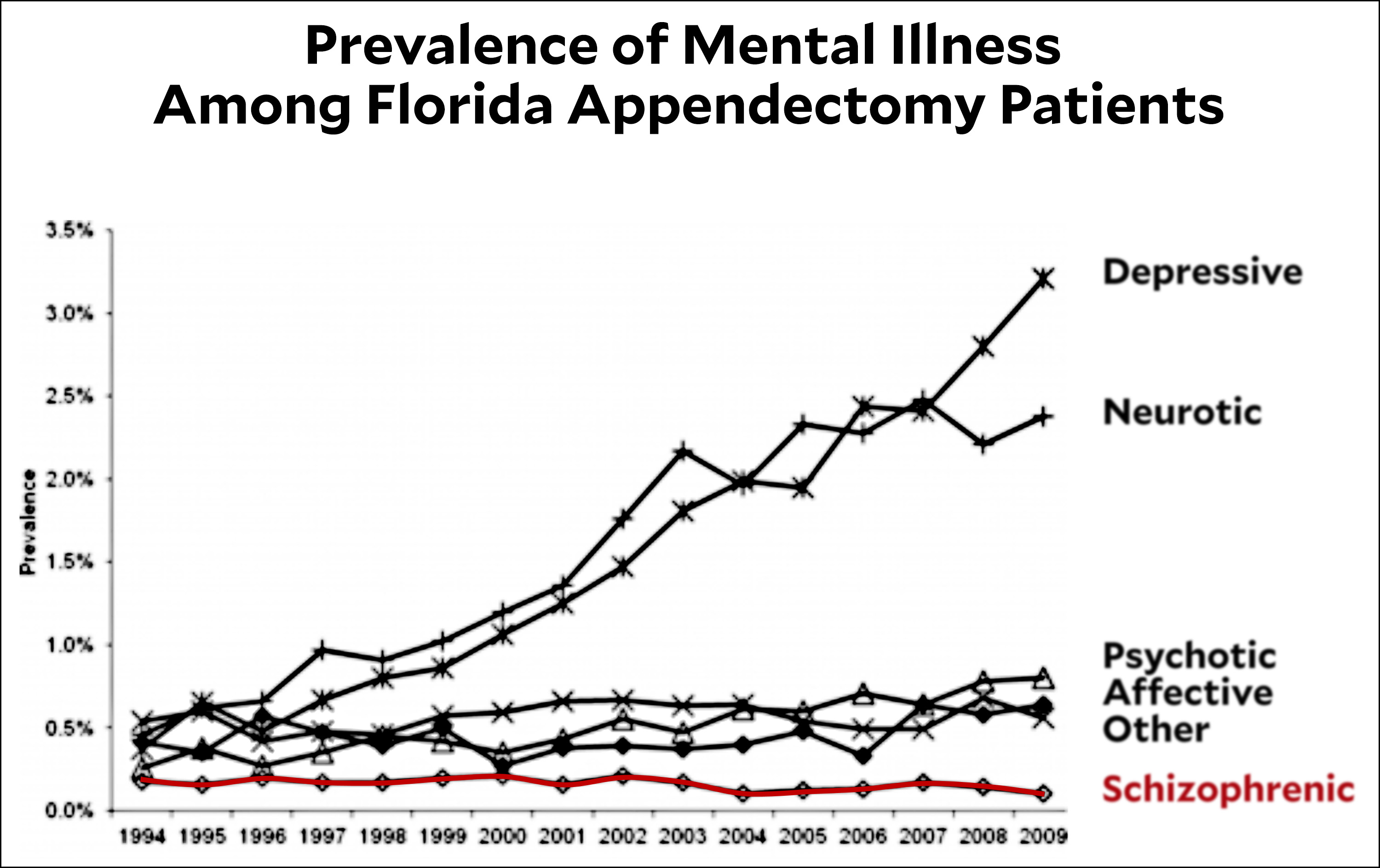Over the weekend you might have noticed a MoJo piece about a new book by Alex Berenson called Tell Your Children: The Truth About Marijuana, Mental Illness, and Violence. Stephanie Mencimer says the book “takes a sledgehammer to the promised benefits of marijuana legalization, and cannabis enthusiasts are not going to like it one bit.”
Probably not. But it’s worth noting that although I didn’t notice anything flatly incorrect in Berenson’s claims, there’s nothing all that new about them. And he does overstate the risks, I think. Here’s a very quick roundup of what we know:
- About 10-15 percent of teens who try marijuana become dependent. This is roughly similar to the rate for alcohol dependency.
- If you have schizophrenia, marijuana use will make it worse. Anyone with persistent psychotic symptoms should be kept far away from cannabis of any kind.
However:
- It is far less clear whether regular marijuana use causes schizophrenia. Drug researchers have been studying this for decades, and have concluded that there’s some evidence of a causal effect—but not a strong one. That’s the consensus so far, anyway.
- For example, marijuana use has increased considerably over the past 20 years, and so has the potency of marijuana. And yet, on a nationwide basis, there’s been no increase in diagnoses of schizophrenia. It affects less than 1 percent of the population, and that’s stayed steady for a long time.

- Even if marijuana affects the onset of schizophrenia, the real-world effect is probably small. If the risk increases by as much as 40 percent, for example, that’s an increase from perhaps 0.5 percent to 0.7 percent.
Nothing is perfect, and there’s no question that marijuana isn’t harmless. Among other things, no one with schizophrenia should get near the stuff, and if you have a family history of severe mental illness you might want to think twice about using it. That said, the notion that smoking marijuana significantly increases the risk of schizophrenia in the future is not really supported by the literature. There’s probably some risk, but it’s fairly small and the evidence for it is fairly weak.
As with so many other things, though, daily use by teens is generally not a good idea—especially given the extremely high potency of modern pot. Anything that affects brain development even modestly should be used sparingly by teens whose brains are still in the process of maturing. There’s no need to panic, but it’s unquestionable that allowing your teen to become a serious stoner is a bad idea on a whole bunch of levels.

















